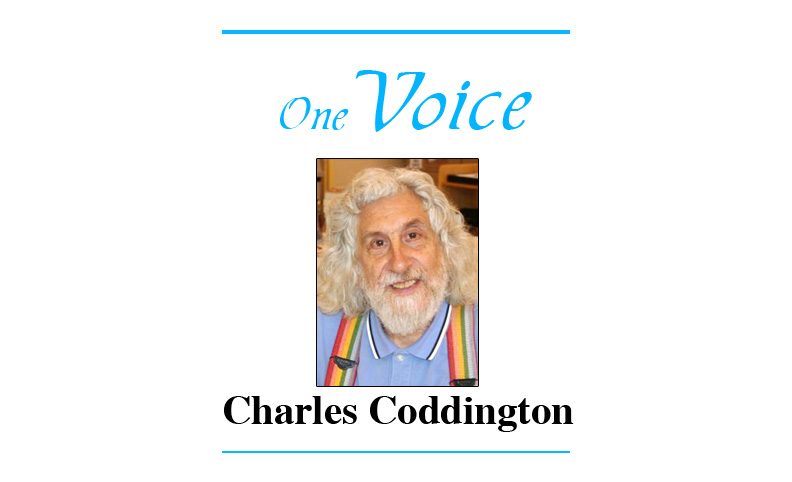
Musings.
- How many times have you heard the expression “live music” when a concert is announced, dear reader? Almost daily these days, I’ll wager. So, does this mean that there’s such a thing as “dead music?” And, if so, what does it sound like? Something like a dirge, perhaps? Or, does it refer to the musicians who play the dead music? On the face of it, “live music” is repetitious and should be eliminated as a gesture of sensible conversation.
- Similarly, the expression “high explosives” imply that there is “low explosives.” But nobody hardly ever uses that expression, even though low explosives do exist; fireworks come readily to mind. The fact of the matter is that explosives, “high” or “low” – need to be handled with care.” Therefore, we can get rid of another useless expression.
- If you have been following the current events in Eastern Europe, you might think, which I do, that war is inevitable. There have been many excuses for conducting a war, some noble, most not so noble. The current contretemps falls into the latter category. At the heart of the matter is territory, pure and simple. One tribe wants more territory in order to (1) find breathing space for a growing population, (2) covet resources to support said population increase, and/or (3) obtain slaves to work the increase in territory.
No tribe ever gives up territory unwillingly. At the very least, there is a quid pro quo, e.g. a monetary payment or a trade agreement. If no quid pro quo is reached, there is war, the chief activity of humankind since it climbed down from the trees and walked upright. The past has been a long string of manufactured incidents; the future does not look any rosier. You’ll excuse my pessimism, dear reader, but I am an historian and I know what I know.
The American Civil War – or as the popular 20th-Century broadcaster, Paul Harvey, called it, our unCivil War, is a case in point. The ramifications of that event are still playing out. In my humble opinion, the Confederate States of America should have been allowed to secede. In time, they might have had reason to regret their decision and to sue for re-admittance to the Union. The North was wealthier, due to industrialization, whereas the South had to rely on the sale of cotton, peanuts, and tobacco, an iffy proposition at best. Slave-holding was a large expense.
Instead, the Lincoln Administration sent in the troops, resulting in four years of lost treasure and lives. Nothing was resolved during Reconstruction; corruption was rampant, and the Ku Klux Klan was born. Yes, slavery was abolished, but African-Americans became second-class citizens and deadly targets for a humiliated South (and they still are).
Parts of the South are still fighting the unCivil War. They are protesting the removal of Confederate statues, waving the Confederate flag, and attempting to restore the old Jim Crow laws. The new battlegrounds are their schools, their polling places, and their libraries.
- Have you ever heard anyone, dear reader, who thought (s)he was going to Hell when (s)he died? Me neither. Everyone believes they will enter Heaven (or the equivalent in other religions) to re-join their loved ones who have preceded them. Even those who have committed abominable acts claim what they have done was done for a holy purpose and therefore they will receive their eternal reward in Paradise.
On the other hand, you have probably met any number who believe that other persons of their acquaintance were definitely going to Hell for one reason or another. The Chas has his detractors, too, and, when he finally departs this veil of tears (hopefully not for a good long while!), there will be dancing in the streets and consumption of champagne. Will you be one of them, dear reader? Tsk-tsk.
Because The Chas does not believe in the existence of Heaven or Hell, he is not overly concerned with other superstitions. He is too busy creating his legacy by which future generations will profit.
Just a thought.

